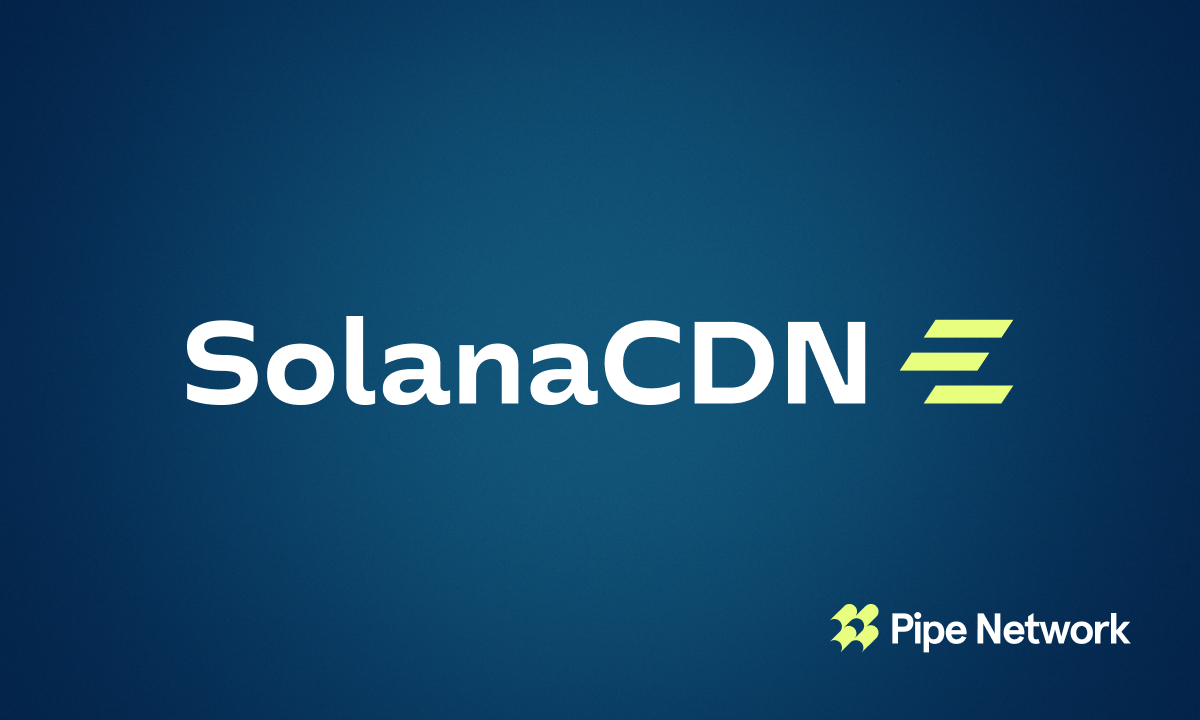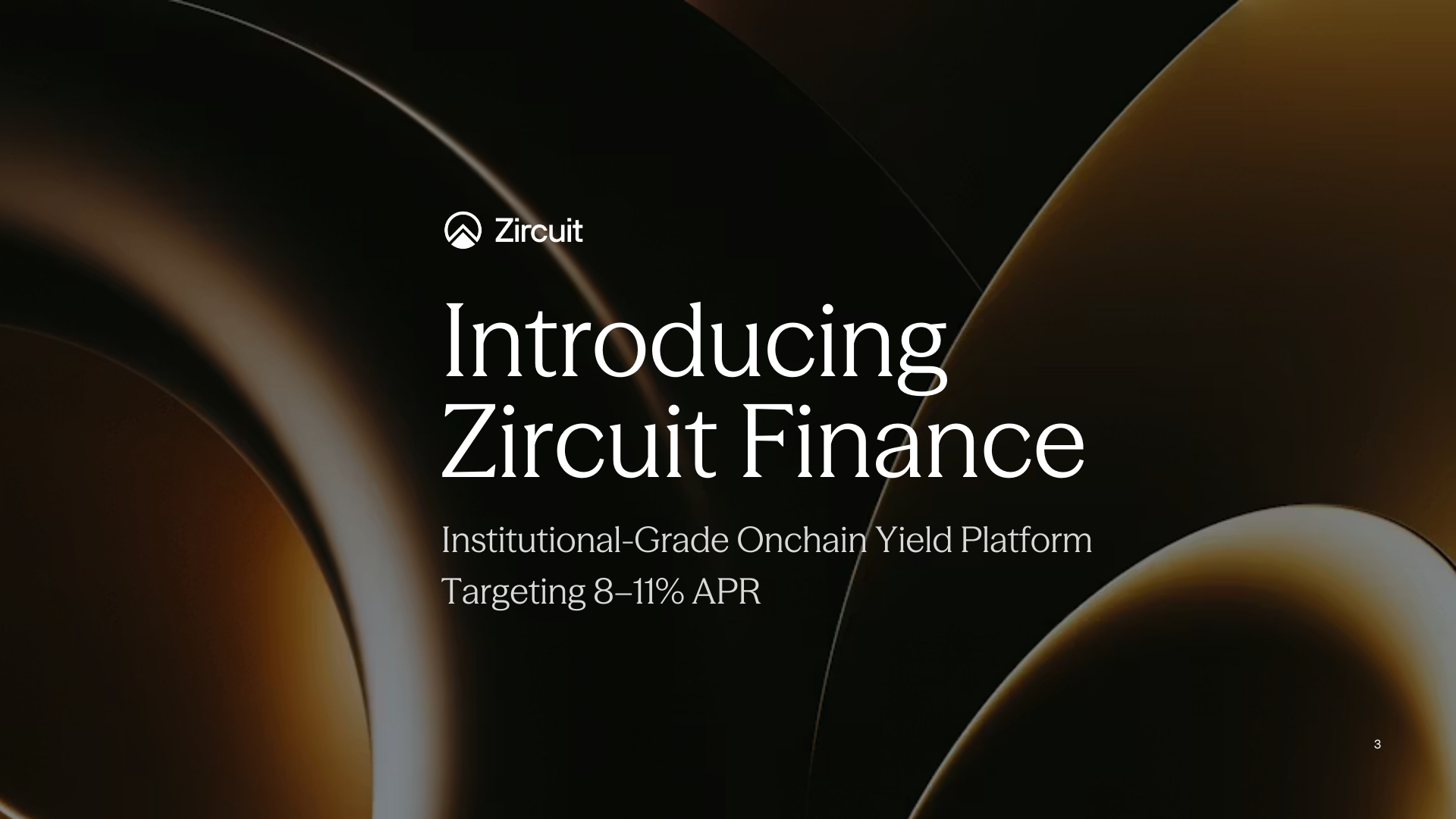Ethereum is the second-largest cryptocurrency in the world, by market cap. Second only to bitcoin, the first and biggest cryptocurrency.
Ethereum, like all other cryptocurrencies, has a consensus algorithm built into its blockchain. A consensus algorithm put simply, is a general agreement reached by all the nodes of the blockchain, as to the current state of the network.
There are several kinds of consensus algorithms, includingÂ
- Proof of work
- Proof of stake
- Proof of Importance
- Proof of authority
- Proof of Capacity, among others.
Ethereum in this case operates on a proof of stake consensus algorithm. This means that holders of this cryptocurrency can choose to lock (or stake) their assets, to become validators on the network.Â
The network chooses validators randomly. On successful validation, proof of stake token holders receive small rewards, equivalent to the amount they staked, and how long their assets were locked.
The proof of stake algorithm is more energy-efficient than the proof of work algorithm.
What is Staking?
Staking is the process of locking one’s cryptocurrencies for a fixed period. During the staking period, the coins are inaccessible to their holder.Â
The network uses these staked assets to verify and confirm transactions. On successful validation of a transaction, the network mints new coins and rewards the stakers with a small amount, depending on how much was staked and how long the coins were locked for.
Staking can be a great way to generate passive income, especially since some cryptos offer higher interest rates than others. A good example is Ethereum. Currently, Ethereum offers an APY (annual percentage yield) of about 5%.
5 Best Places For Staking Ethereum
Ethereum is a popular choice for individuals looking to generate income without having to actively trade.Â
The cryptocurrency operates on the proof of stake algorithm, meaning that it can be locked for a specific period, and can multiply if left alone for long enough.
Below (in no particular order) is a list of some of the most popular options, if you intend to stake some of your Ethereum holdings.
LidoÂ
Lido is currently the most popular Ethereum-based staking platform. The platform allows you to stake Ethereum in both high and low volumes. Lido holds more than 30% of all 13 million hosted on the beacon chain, according to Dune analytics. Lido also supports the staking of other POS cryptocurrencies like Solana, Kusama and Polygon. On staking Ethereum, you should see a stETH ticker on your dashboard. This ticker represents ‘staked Ethereum’. In essence, it serves as a receipt of sorts, representing the amount of staked Ethereum you have.
Rocket Pool
Rocket Pool is an Ethereum 2.0 staking platform. It is open-source and is the first truly decentralized staking pool. Rocket Pool supports liquid staking, which is better for Defi, Open source audited smart contracts that make sure that your funds are never accessible to node operators, network redundancy, and smart nodes that allow anyone to freely stake Ethereum and earn high returns. Rocket Pool utilizes smart contracts to achieve a truly decentralized, permissionless platform.
BlockFi
BlockFi currently offers an APY of 3% on Ethereum staking. The platform offers regular crypto benefits such as lower trading fees, lending, interest-bearing accounts and convenient storage. Staking on BlockFi means that your assets remain liquid and can be traded as the user wishes. On BlockFi accounts, there is no minimum balance requirement.
Celcius
Celcius was founded by Alex Mashinksky and Daniel Leon in 2017. The platform is one of Lido’s biggest clients. This means that it is one of the biggest holders of stETH (or staked Ethereum). The company currently has about $470M of stETH. Celcius stakes its customer deposits in Defi platforms like Lido, receiving staked Ethereum (stETH) that increases in value over time. At the end of the staking period, it pays its customers the promised APY and makes a profit off of the rest.
Binance
Binance is by far the biggest cryptocurrency trading platform in the world. Binance currently offers an APY of about 5.2%. One of the highest on this list. Binance requires no fees for staking, and allows users to ‘unstake’ their tokens whenever they choose. The only downside is that users forfeit their staking rewards if they cancel at any time before the expiration of their staking period.
In Conclusion
There are no good or bad places to stake your Ethereum. It is only important to conduct proper research before choosing a staking platform, or even investing in cryptocurrencies at all.
Remember to only part with money you can afford to lose.









